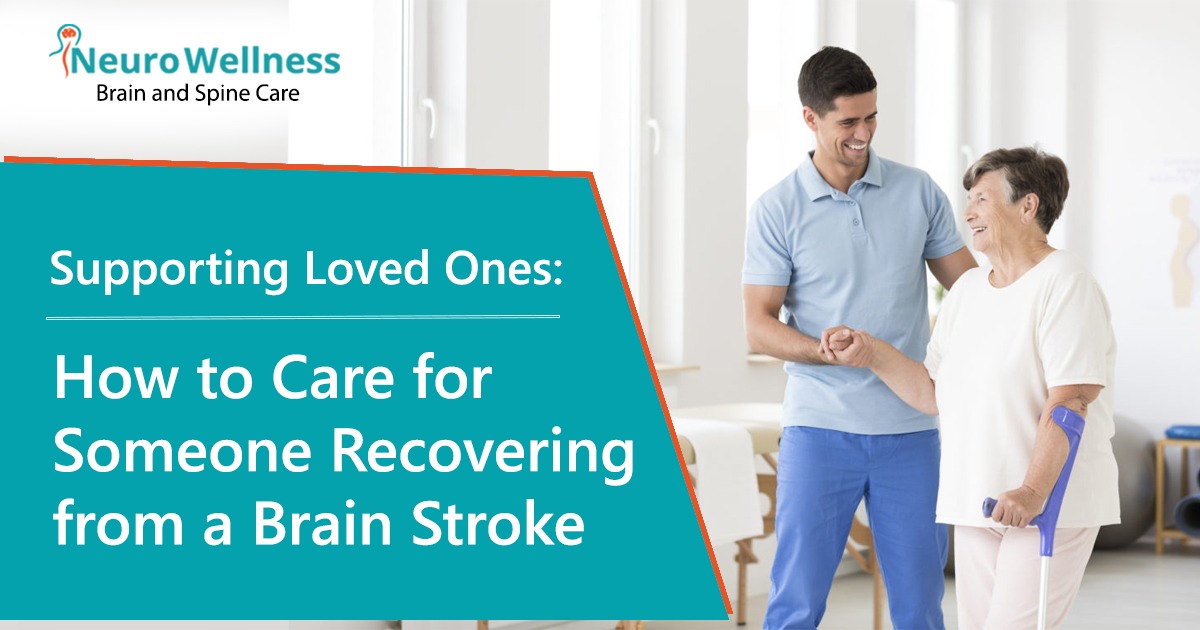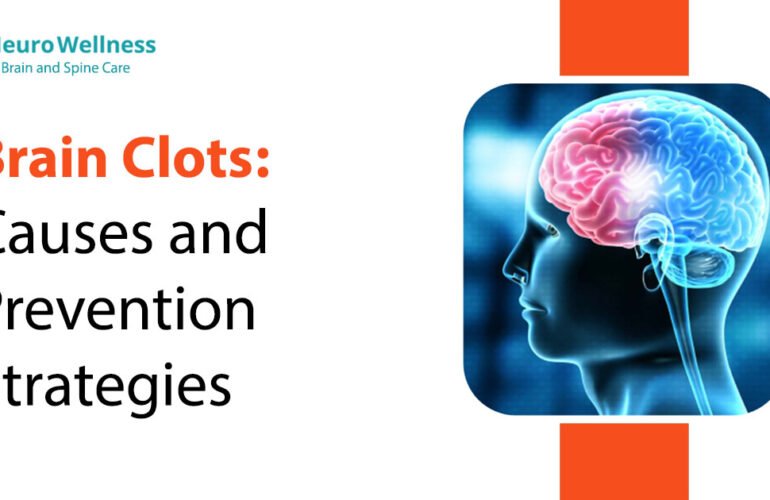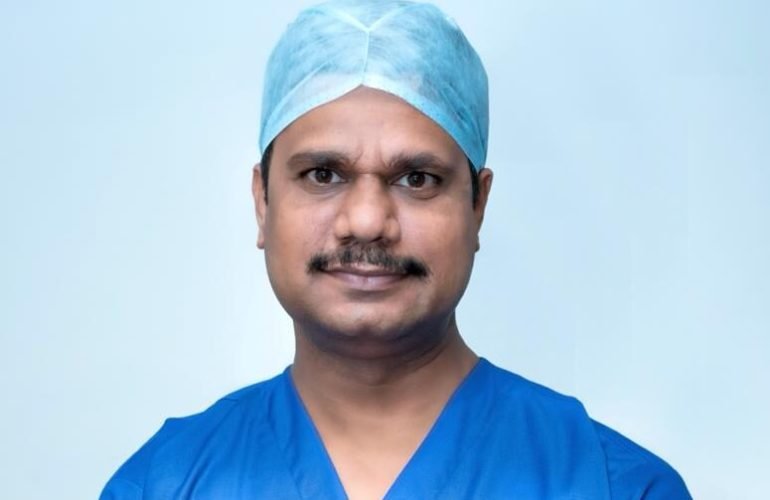Introduction
When someone affected with brain stroke limbs will be paralyzed and they will be dependent person, may be on tracheotomy – means doctor may have done artificial passage in the neck to facilitate put out secretions from lungs, it is very important to understand the problem with person affected with stroke both physical and mental.
Let us today know how to help our loved ones who is affected with stroke.
“Brain stroke won’t discriminate anyone, any side of the body or socio economic status”
1.Understanding the importance: -
We need to know which side of the body is involved is it a dominant which person was performing maximum tasks comfortable, Strength in the limbs absolutely no power or minimum power. Since in the early stage if minimal strength present limbs power is likely to improve future. If moderate strength is present it will really make big difference in further recovery process.
Read More: Strategies for Brain Stroke Survivors
2.Educating yourself: -
If person close to the stroke personally like spouse or children, educating them it will be great help in recovery apart from physiotherapy to limbs, eye care, tracheotomy care, feeding through Ryle’s tube, PEG( food directly into stomach) care. Care of the skin back to prevent bed sore by charging pposition of the limbs frequently giving medication especially heart medication,blood thinners are very important.
3.Health care personals: -
It is important to follow doctors and advise. The feeding through nasogastric tube or PEG tube, the amount of food protein, medication at regular time.
In case investigating blood levels sodium, potassium, clotting parameters and early to be followed without fail.
4. Emotional support: -
Once stroke patient start recovery it is important to motivate patient about recovery with positive mind set and suggestions and assurance of support by loved ones and family will make a big differences on recovery.
4. Emotional support: -
Once stroke patient stroke starts recovery like gaining the limbs power, started speaking or starts getting balance while walking if loved once reassure with assistance using walker, side rails at house, bathroom make floor, anti slippery rrelaxation therapy, positive connectedness with family help them to give confidence to make a good recovery.
Conclusion:
By educating yourself about stroke, offering emotional support, assisting with rehabilitation, promoting independence, and creating a nurturing environment, you can empower your loved one to overcome obstacles and regain control over their lives.
Remember, each recovery process is unique, and it requires adapting to changing circumstances and needs. Your presence, dedication, and support play a significant role in your loved one’s recovery journey, and by availing the services of Neurowellness Brain and Spine Clinic in Bangalore, you can ensure they receive the best possible care, enabling them to regain their independence and improve their quality of life.
Practicing mindfulness techniques, such as deep breathing exercises, meditation, and relaxation techniques, can help reduce stress and promote overall well-being. Stress management is crucial, as excessive stress can hinder the recovery process. Consider joining mindfulness programs or engaging in activities that bring you joy and relaxation.

Dr. Ganesh Veerabhadraiah
Consultant – Neurosurgeon, Neurointerventional Surgery, Spine Surgeon (Neuro)
23+ Years Experience Overall (17+ years as Neuro Specialist)
Available for Consultation: Jayanagar 9th Block & Kauvery Hospital, Electronic City
FAQs
1) What is the most important part of stroke recovery care?
Regular physiotherapy, medication adherence, and family support are crucial for recovery.
2) How long does it take to recover from a brain stroke?
Recovery varies; some improve in weeks, while others may take months or years depending on severity and therapy.
3) Can stroke survivors live independently again?
Yes, many regain independence with early rehabilitation, lifestyle changes, and consistent medical follow-up.
4) What are the warning signs of complications after a stroke?
Sudden weakness, speech difficulty, chest pain, or recurrent headaches require immediate medical attention.

About Author
Dr. Ganesh Veerabhadraiah
Dr. Ganesh Veerabhadraiah, leading neurosurgeon and neurologist in Bangalore, has over 20 years of expertise in managing back pain, migraines, headaches, neuro disorders, and spine problems. His clinical excellence and patient-first approach make him one of the most trusted neuro doctors in Bangalore.
At Neurowellness Brain & Spine Clinic in Jayanagar and Kavery Hospital Electronic City, Dr. Ganesh provides comprehensive treatments ranging from minimally invasive spine surgery to advanced neurological care. As a respected back pain specialist and migraine doctor, he continues to deliver reliable outcomes for patients.
👉 Connect with Dr. Ganesh on LinkedIn





Comments are closed.